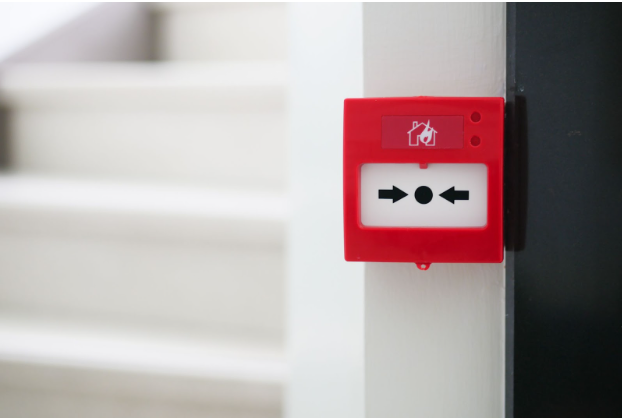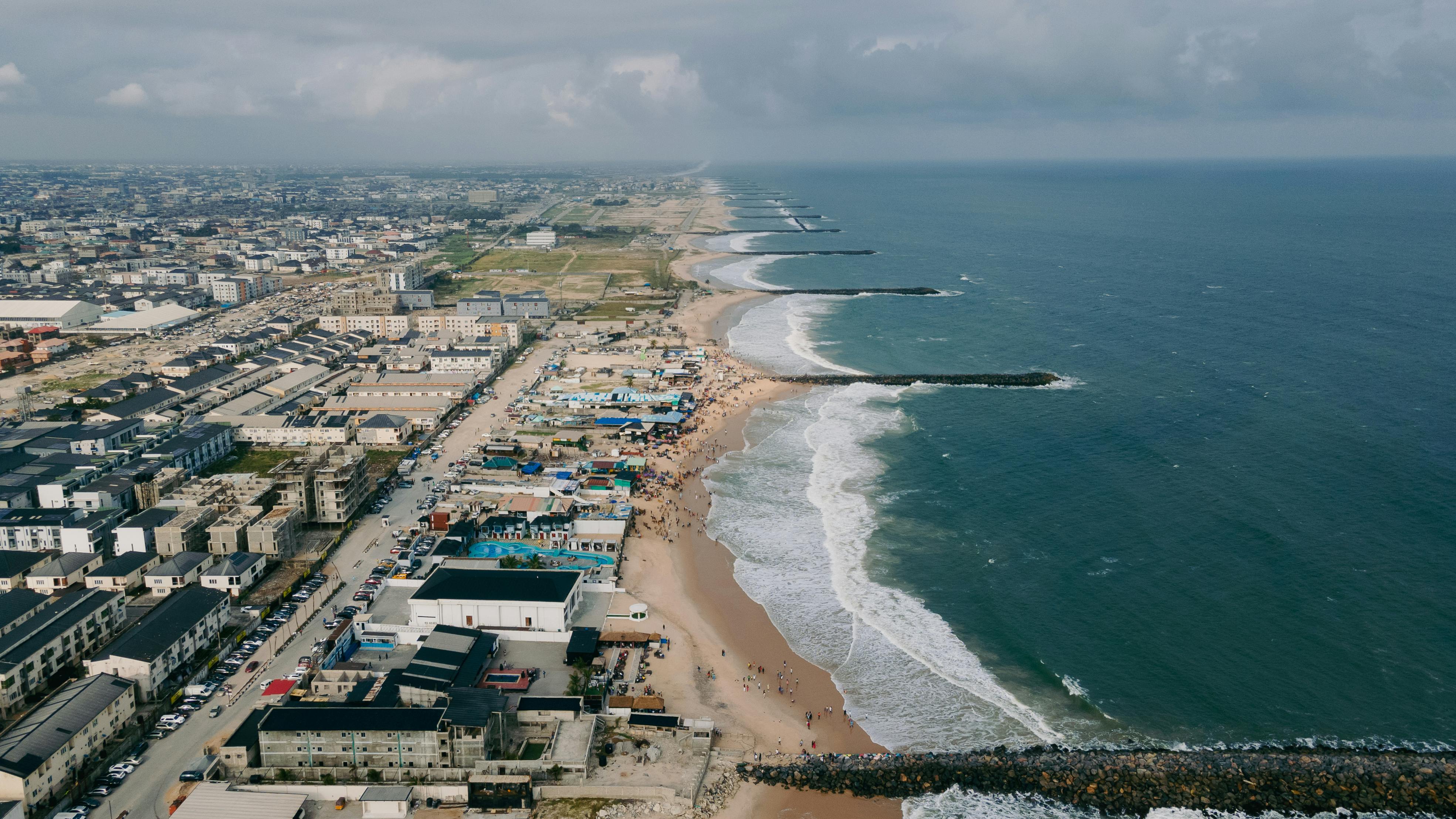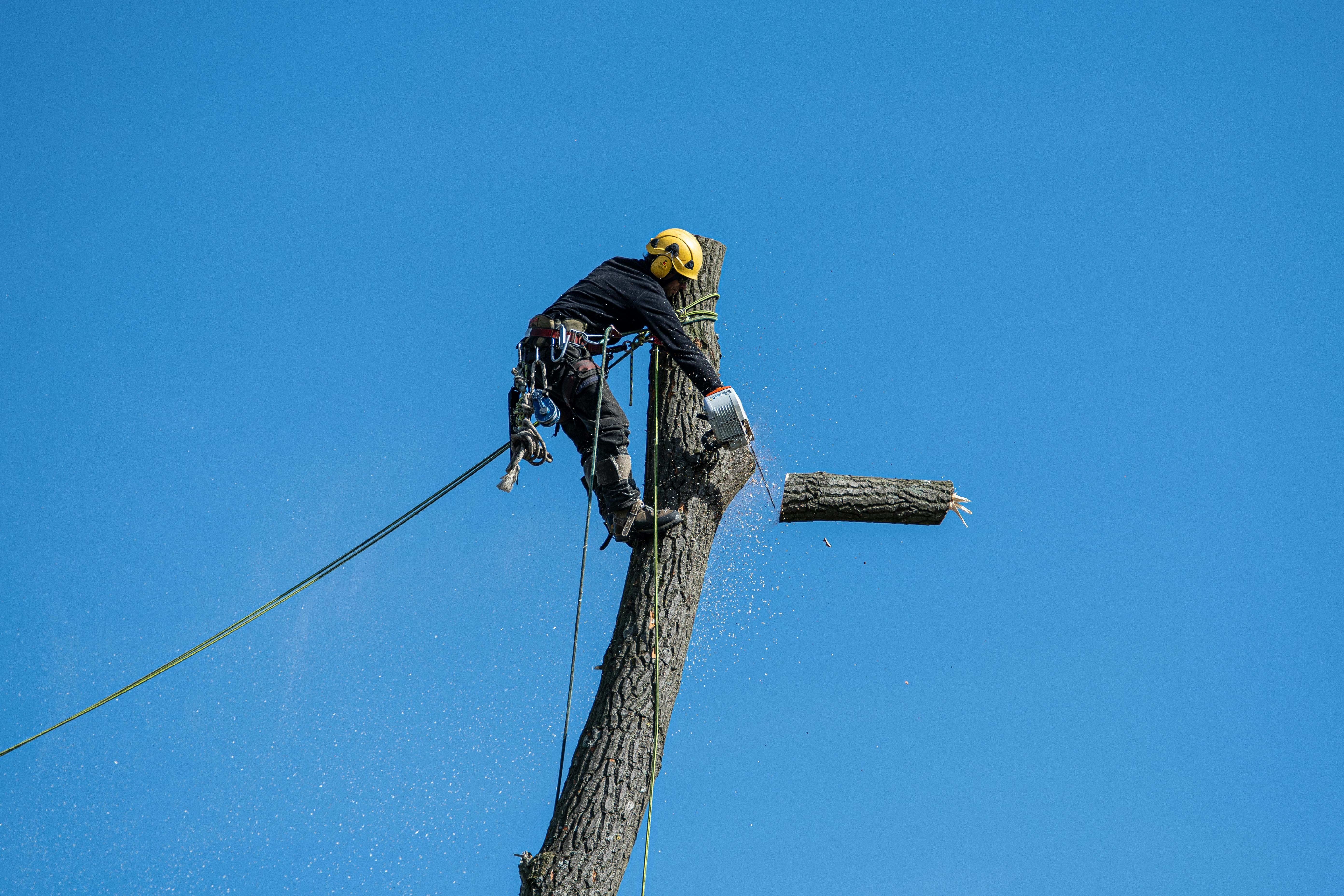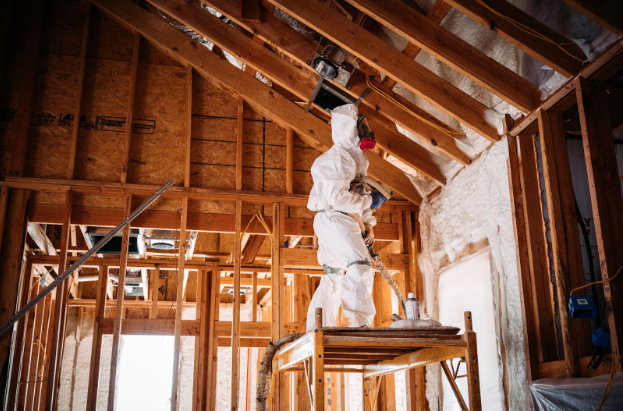Fire Alarm and Sprinkler Inspections: What You Need to Know

Strong 8k brings an ultra-HD IPTV experience to your living room and your pocket.
Fire protection systems are essential for safeguarding people, property, and business continuity. Among the most critical components are fire alarms and sprinkler systems—two lines of defense that can detect, alert, and suppress fires before they cause significant damage.
But having these systems in place isn’t enough. Regular inspections are not only required by fire codes and insurance companies, but they also ensure the systems will function properly when needed most. In this article, we’ll explain the importance of fire alarm and sprinkler inspections, what they involve, how often they’re needed, and where to turn for expert help.
Why Fire Alarm and Sprinkler Inspections Matter
Both fire alarm and sprinkler systems are made up of sensitive electronic and mechanical components. Over time, these systems can wear out, suffer damage, or become obstructed—especially in commercial or industrial settings. Without regular inspections, you risk:
- System failure during a fire emergency
- Non-compliance with NFPA codes and local regulations
- Voided insurance coverage
- Increased liability and potential legal issues
Routine inspections ensure your systems meet safety standards and work as intended when seconds count.
What Do Fire Alarm Inspections Include?
A fire alarm inspection involves a detailed review of the entire system, including:
- Control Panel Testing: Ensures the panel communicates properly with all connected devices.
- Smoke and Heat Detector Testing: Verifies that detectors activate appropriately when smoke or heat is detected.
- Audible and Visual Alerts: Tests strobes, horns, and voice notification systems.
- Backup Battery Check: Ensures alarm systems will function during a power outage.
- Wiring and Signal Transmission: Identifies any electrical faults or communication issues.
The goal is to confirm that every component of the alarm system—from the detectors to the monitoring service—is working reliably.
What Happens During Sprinkler Inspections?
Sprinkler inspections are equally important and include a combination of visual checks and functional testing:
- Water Flow Tests: Confirm water flows at the correct rate and pressure.
- Valve Inspections: Ensure control valves are open, accessible, and properly labeled.
- Gauge Readings: Pressure gauges are checked for accuracy and signs of corrosion.
- Sprinkler Head Condition: Inspect for dirt, damage, or obstructions that might interfere with operation.
- Alarm Connections: Verify the sprinkler system’s integration with the fire alarm for timely alerts.
Sprinkler systems must remain free of leaks, rust, blockages, and mechanical failures to remain effective in a fire emergency.
How Often Are Inspections Required?
Inspection frequency depends on local codes and building type, but here are some general guidelines based on NFPA standards:
Fire Alarm Systems:
- Monthly visual checks (by building personnel)
- Quarterly and annual inspections (by certified professionals)
- Sensitivity testing for smoke detectors every 2 years
Sprinkler Systems:
- Weekly or monthly valve checks (depending on system type)
- Quarterly inspections for alarms and water flow devices
- Annual full-system inspections and functional tests
- 5-year internal pipe inspections for corrosion or blockages
Staying compliant with inspection timelines is not only a matter of safety—it’s also a legal requirement in many jurisdictions.
Choosing the Right Inspection Provider
Because fire alarm and sprinkler inspections involve both safety and compliance, it’s important to work with professionals who are experienced, licensed, and familiar with local regulations. When selecting a provider, consider the following:
- Are they certified in your state or region?
- Do they follow NFPA and local fire code standards?
- Can they provide full documentation for compliance audits?
- Do they offer ongoing maintenance and repair services if issues are found?
Final Thoughts: Trust Experience and Reliability
Fire alarm and sprinkler systems protect more than just your property—they protect lives. Keeping them in proper working order is a responsibility that requires consistency, attention to detail, and professional expertise.
Many business owners and property managers trust GMW Fire Protection for their routine fire safety inspections. Their team’s experience, reliability, and in-depth knowledge of code compliance make them a preferred choice when it comes to ensuring both fire alarms and sprinkler systems are functioning at peak performance.
Note: IndiBlogHub features both user-submitted and editorial content. We do not verify third-party contributions. Read our Disclaimer and Privacy Policyfor details.







